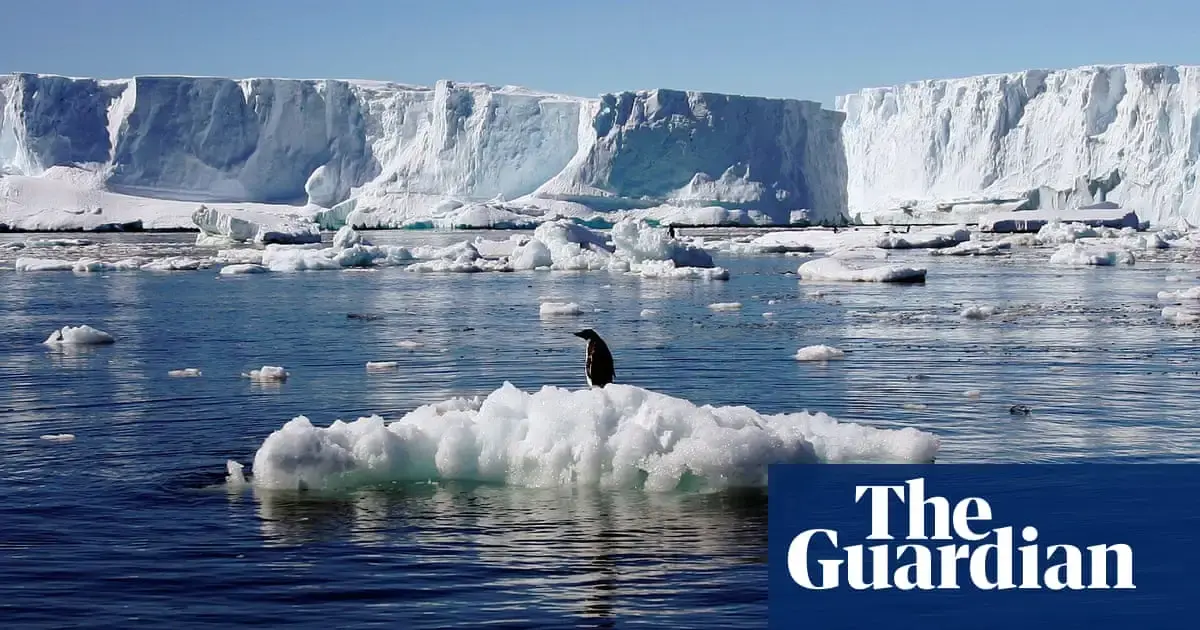Antarctica is likely warming at almost twice the rate of the rest of the world and faster than climate change models are predicting, with potentially far-reaching implications for global sea level rise, according to a scientific study.
Scientists analysed 78 Antarctic ice cores to recreate temperatures going back 1,000 years and found the warming across the continent was outside what could be expected from natural swings.
In West Antarctica, a region considered particularly vulnerable to warming with an ice sheet that could push up global sea levels by several metres if it collapsed, the study found warming at twice the rate suggested by climate models.
Climate scientists have long expected that polar regions would warm faster than the rest of the planet – a phenomenon known as polar amplification – and this has been seen in the Arctic.
It’s 30 degrees celcius in the Netherlands today. It’s insane.
Place I am from usually used to get max 42 deg C during peak summer. Since this summer and last temperatures are crossing 45 deg C. This summer I almost got heat stroke indoors. On top of it we are having drought like situation. Things are getting worse day by day.
I’m in what was one of the greener parts of Spain, we’re on year 2 of a drought already and over the last 3 years we’ve repeatedly hit 40°.
I’m genuinely worried for the future, and it feels completely out of my hands.
Very hot here indeed, been sweating all day
🤖 I’m a bot that provides automatic summaries for articles:
Click here to see the summary
Antarctica is likely warming at almost twice the rate of the rest of the world and faster than climate change models are predicting, with potentially far-reaching implications for global sea level rise, according to a scientific study.
Dr Mathieu Casado, of the Laboratoire des Science du Climat et de l’Environnement in France and lead author of the study, said they had found “direct evidence” that Antarctica was also now undergoing polar amplification.
Part of the warming in Antarctica is likely being masked by a change in a pattern of winds – also thought to be linked to global heating and the loss of ozone over the continent – that has tended to reduce temperatures.
Dr Danielle Udy, a climate scientist and ice core expert at the University of Tasmania, who was not involved in the paper, said the research was timely “given the extreme events we have been seeing in Antarctica”.
Scientists are scrambling to understand why Antarctic sea ice has been at record low levels over the last two years, with some suggesting global heating could now be affecting the region.
Dr Kyle Clem, a scientist at Victoria University of Wellington in New Zealand, has studied recent record high temperatures at one weather station at the south pole.
Saved 70% of original text.




